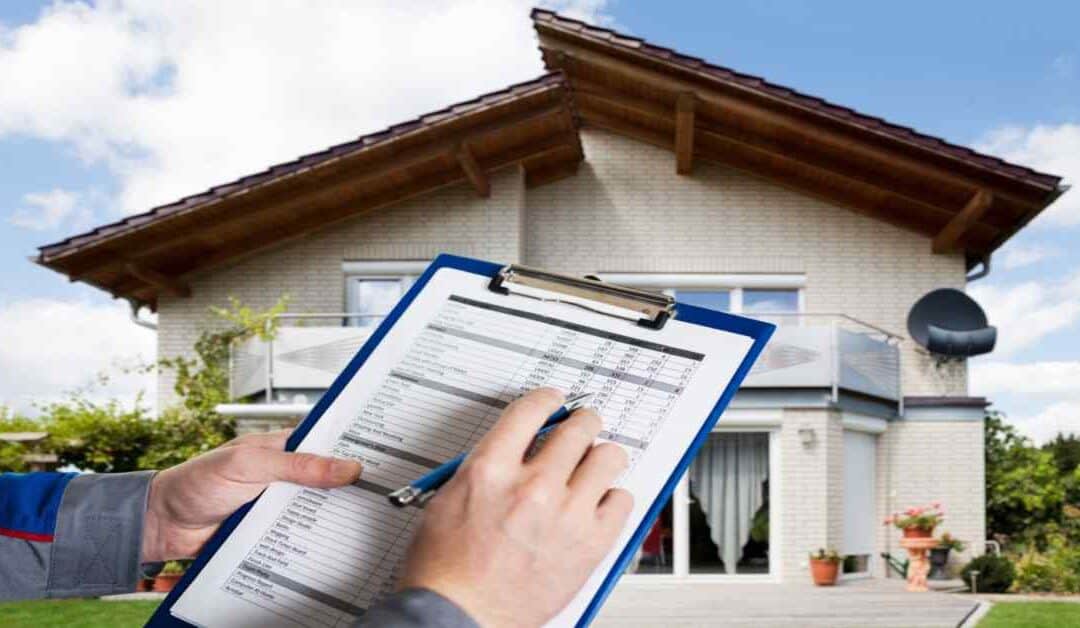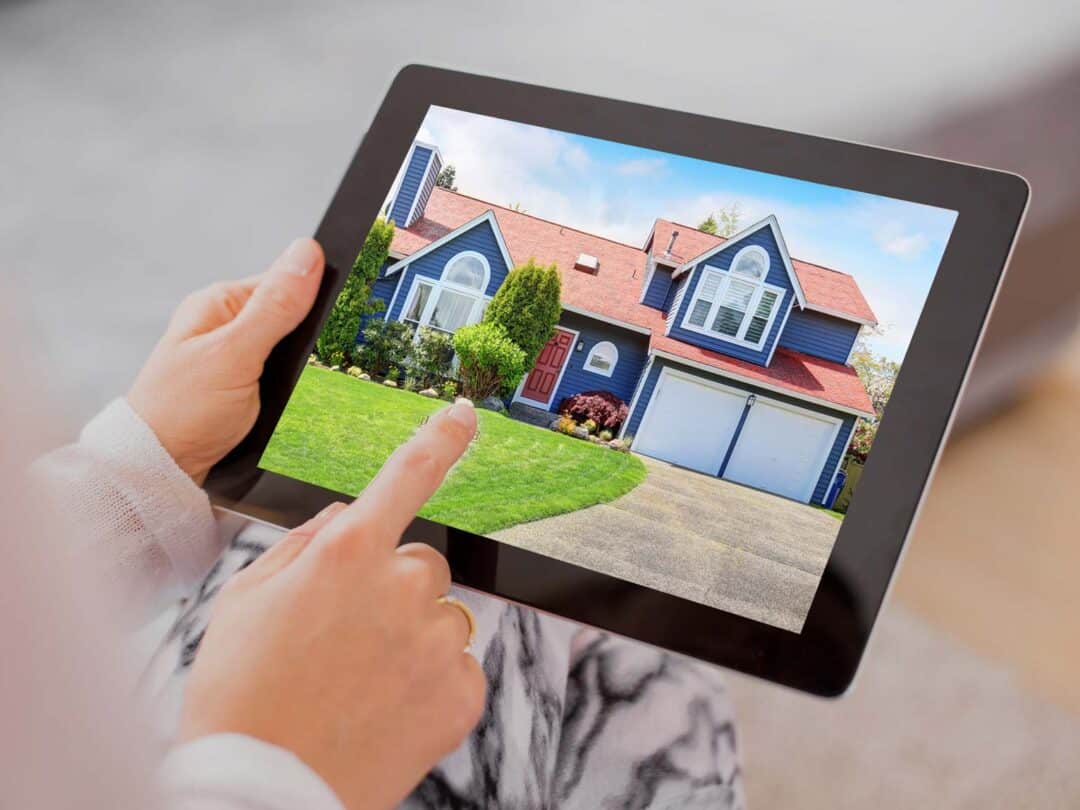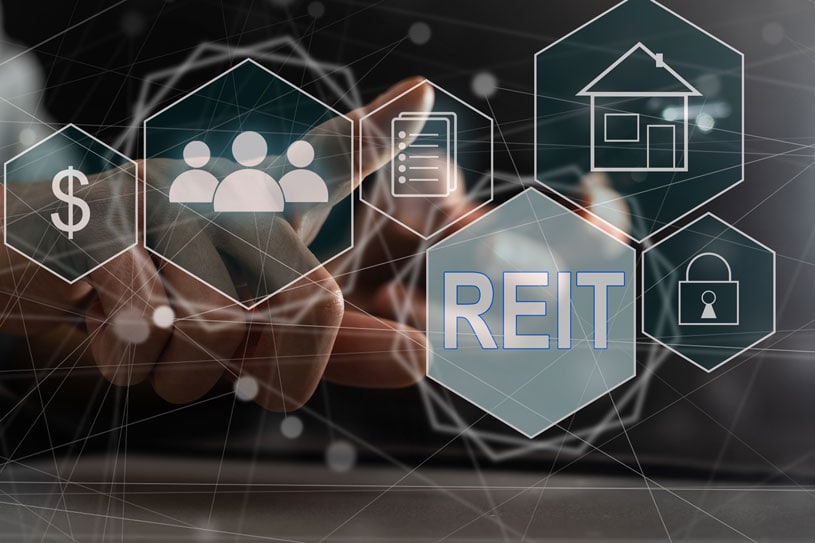In the ever-evolving real estate industry, the importance of property inspections cannot be overstated. For homebuyers, sellers, and real estate agents alike, a thorough inspection ensures transparency, safety, and the protection of investment. Establishing a property inspection service requires a blend of technical knowledge, business acumen, and a commitment to ethical standards. This article explores the essential steps and considerations involved in developing a successful property inspection service.
Understanding the Role of Property Inspections
Before diving into the development of such a service, it is crucial to comprehend what a property inspection entails. A property inspection is a detailed evaluation of a building’s condition, typically conducted before a real estate transaction closes. The process includes assessing structural elements, electrical systems, plumbing, roofing, HVAC units, and potential environmental hazards.
By providing an unbiased, comprehensive report, inspectors help clients make informed decisions, identify necessary repairs, and negotiate fair prices. Consequently, the value of a dependable property inspection service stems from its accuracy and the trust it builds with clients.
Acquiring the Necessary Skills and Qualifications
Launching a property inspection service demands more than enthusiasm; it requires specialized expertise. While some states or countries mandate formal licenses or certifications, knowledge of construction, engineering principles, and safety regulations is indispensable regardless of location.
Prospective inspectors should enroll in accredited training programs that cover key inspection areas. Courses often include hands-on experience, teaching participants how to identify structural weaknesses, moisture problems, and electrical risks. Understanding building codes, local regulations, and industry standards is equally important to provide valid and legally compliant reports.
Continuing education is another vital component. The real estate market evolves, along with construction materials and techniques. Staying up-to-date ensures inspectors maintain proficiency and adapt to new challenges, which ultimately bolsters their credibility.

Crafting a Comprehensive Business Plan
A well-structured business plan lays the foundation for long-term success. It should outline the service’s mission, target market, competitive landscape, pricing strategy, and marketing approach.
Identifying the ideal clientele helps tailor services effectively. Residential homebuyers form a significant portion of the market, but opportunities also exist with commercial property owners, real estate agencies, and insurance companies. Each sector may require specialized inspection types, such as environmental hazard assessments or compliance audits.
Establishing competitive pricing demands research into local market rates and an understanding of operational costs, including equipment, insurance, and transportation. Balancing affordability with profitability ensures sustainability without compromising quality.
Essential Equipment and Technology
A modern property inspection service relies on a variety of tools to conduct thorough assessments. Basic equipment includes moisture meters, infrared cameras, electrical testers, ladders, and measuring devices. These instruments enable inspectors to detect issues invisible to the naked eye, such as hidden leaks or thermal inefficiencies.
Investing in digital reporting software streamlines the process and enhances the client experience. Many platforms allow inspectors to generate detailed, easy-to-understand reports complete with photographs, diagrams, and recommendations. Delivering professional reports promptly can differentiate an inspection service in a competitive market.
Additionally, the use of drones is gaining traction for inspecting hard-to-reach areas like roofs and chimneys, boosting safety and efficiency.
Building a Reputation Through Quality and Ethics
Trustworthiness and reliability are the cornerstones of a reputable property inspection service. Clients depend on inspectors to provide objective, thorough evaluations free from bias or external influence.
Adhering to a strict code of ethics, such as those outlined by professional associations, establishes credibility. Inspectors must disclose conflicts of interest and avoid relationships that could compromise impartiality.
Quality assurance protocols further enhance trust. Double-checking findings, conducting follow-ups, and welcoming client feedback contribute to service improvement. Consistently exceeding expectations paves the way to positive referrals and repeat business, which are invaluable in this industry.
Marketing Strategies to Attract Clients
A strategic approach to marketing can significantly impact the growth of a property inspection service. Establishing an online presence through a professional website and social media platforms increases visibility. Content marketing, such as blogs or videos demonstrating inspection techniques and common property issues, educates potential clients and positions the service as an industry authority.
Networking within the real estate community is equally important. Partnering with realtors, mortgage brokers, and home builders can generate steady referrals. Attending local industry events and joining professional organizations facilitates valuable connections.
Offering promotions or package deals during peak real estate seasons may also attract new customers.
Navigating Legal and Insurance Considerations
Running a property inspection business involves navigating a complex legal landscape. Obtaining the necessary business licenses and ensuring compliance with state or local laws protects against liability.
Professional liability insurance, often called errors and omissions insurance, is essential. It covers the inspector in cases where overlooked defects lead to financial loss or damage.
Drafting clear contracts that outline the scope of inspections, limitations, and client responsibilities mitigates misunderstandings. Consulting with legal professionals during the service’s establishment phase is advisable to ensure all documents adhere to current regulations.

Expanding and Diversifying Services
Once the business is established, expanding service offerings can increase revenue streams and appeal to a broader client base. Specialized inspections, such as radon testing, mold assessments, or energy efficiency audits, cater to niche markets.
Providing educational seminars or workshops for realtors and homeowners enhances the company’s profile and demonstrates a commitment to community engagement.
Technological advancements also offer new avenues. Integrating smart home evaluations or offering virtual inspections can attract tech-savvy clients while streamlining operations.
Building a Successful Property Inspection Service
Developing a property inspection service is a rewarding venture that combines technical skill, customer service, and entrepreneurial spirit. Success hinges on thorough preparation, continuous learning, and dedication to ethical standards.
By delivering detailed, honest evaluations and adapting to market needs, inspectors can establish themselves as trusted professionals. An emphasis on quality, clear communication, and strategic marketing ensures longevity in a competitive industry where the stakes are high and client trust is paramount.
Frequently Asked Questions About Developing a Property Inspection Service
-
What qualifications are needed to start a property inspection service?
Starting a property inspection service typically requires completing accredited training programs, obtaining necessary certifications or licenses depending on local regulations, and gaining knowledge of building systems and safety codes. -
How much does it cost to start a property inspection business?
Costs vary but generally include expenses for training, certification, inspection tools, insurance, marketing, and business licensing. Initial investment can range from a few thousand to tens of thousands of dollars. -
What types of properties can be inspected?
Inspectors commonly assess residential homes but can expand to commercial buildings, rental properties, new constructions, and specialized inspections such as environmental or energy audits. -
How long does a typical property inspection take?
Most inspections last between two and four hours, depending on the size and condition of the property. Larger or more complex buildings may require additional time. -
What equipment is essential for property inspections?
Essential tools include moisture meters, infrared cameras, electrical testers, ladders, and digital reporting software. Advanced technology like drones can also be utilized for roof inspections. -
How do inspectors ensure unbiased and accurate reports?
Professional inspectors follow ethical guidelines, conduct thorough assessments, and use standardized checklists to provide factual, unbiased reports for their clients. -
Is liability insurance necessary for a property inspection business?
Yes, professional liability insurance protects the business against claims stemming from missed defects or errors during inspections, safeguarding both the inspector and clients. -
Can property inspection services be expanded beyond basic inspections?
Absolutely. Services can include mold testing, radon detection, energy efficiency audits, smart home evaluations, and educational workshops to diversify offerings and attract more clients.










